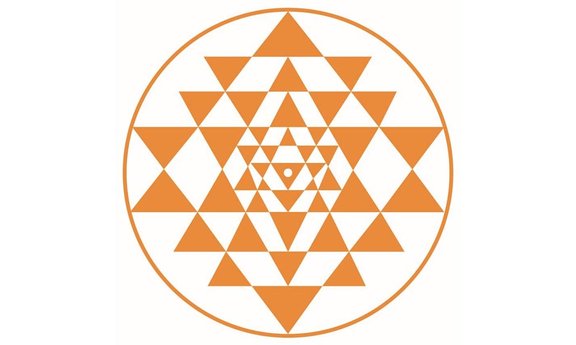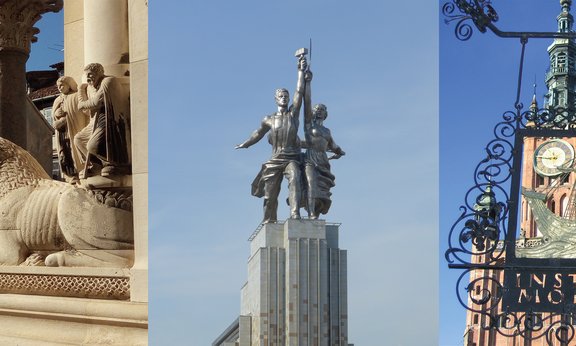Bachelor’s Programme Slavonic Studies
Do you want to learn Slavic languages and deepen your knowledge of the languages, literatures and cultures of Central and Eastern Europe? You've come to the right place!
In the Slavic Studies degree programme, you will learn one or more Slavic languages and acquire basic knowledge of Slavic linguistics and literature/cultural studies. In the courses you will, for example, study the history of Slavic languages or analyse literary texts and films.
At the Institute of Slavic Studies at the University of Innsbruck, you can learn Bosnian/Croatian/Montenegrin/Serbian (BCMS), Polish, Russian or Ukrainian without any previous knowledge. Whether you already speak a Slavic language or not - with us you will expand your existing knowledge and discover the similarities and differences between the Slavic languages.
Please note: the language of instruction for this programme is German.
Study Code
UC 033 650
Supplemental examination
Latin
Supplemental examination in Latin is required before completion of the bachelor's degree programme if this subject was not completed satisfactorily with at least 10 credit hours at a higher-level secondary school.
FAQ
Graduates are able to elaborate, evaluate and implement scientific developments in linguistic, literary and cultural fields and to apply them in interdisciplinary contexts. They possess scientifically well-founded theoretical and methodical problem-solving skills and key competences for the acquistion and critical application of knowledge.
The subject of Slavonic Studies is the Slavic linguistic and cultural area with 15 languages and approx. 290 million speakers. On the Slavonic Studies degree programme in Innsbruck, you choose a first Slavic language - Bosnian/Croatian/Montenegrin/Serbian (BCMS) (NEW from WS 2024/25) or Russian. Previous knowledge is not required. By the time they graduate, students reach level B2 according to the Common European Framework of Reference for Languages. The programme also teaches basic knowledge of a second Slavic language (BKMS, Polish, Russian or Ukrainian).
Students also acquire knowledge in the fields of linguistics, literature and cultural studies as well as media and communication studies. They gain knowledge of the structure of contemporary Slavic languages and methods of describing them, an insight into the history of the language, an overview of the epochs and genres of Slavic literature and access to theories and methods. In addition, students gain an understanding of the connections between social and cultural developments in cultural studies, with a particular focus on the medium of film.
Other key qualifications of graduates of the degree programme include a critical and creative approach to information and knowledge, strong problem-solving skills and the ability to analyse linguistic, cultural and artistic structures and processes and to present scientific facts in an orderly and linguistically skilful manner, both orally and in writing.
The Bachelor's Programme Slavonic Studies offers vocational training and a wide-ranging qualification. Graduates can extend their qualifications by specialising in career fields, e.g. IT, economy, law or political science. Occupational fields of graduates can be found in public service and the private sector, press, radio and television, cultural management as well as translation, tourism and activities in the field of education.
Graduates tracking: Shows which occupational fields students enter after graduation
Faculty of Language, Literature and Culture Department of Slavonic Studies Examination Office Information for students with disabilities
Curriculum
From the field
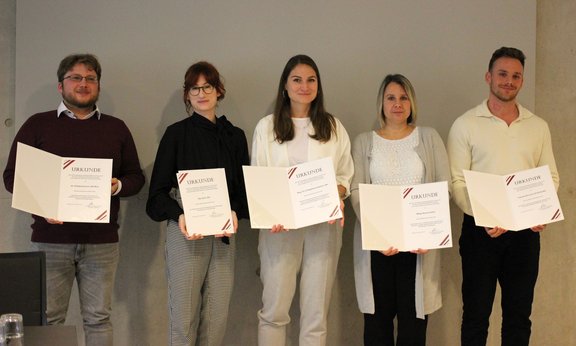
Magdalena Kaltseis erhält Ingeborg-Ohnheiser-Preis
Am Samstag, 18.11.2023, wurde an der Universität Salzburg zum dritten Mal der Ingeborg-Ohnheiser-Preis verliehen. Eine der Preisträger:innen ist Magdalena Kaltseis, Assistenzprofessorin für Russische Sprachwissenschaft und Fachdidaktik Russisch an der Universität Innsbruck.
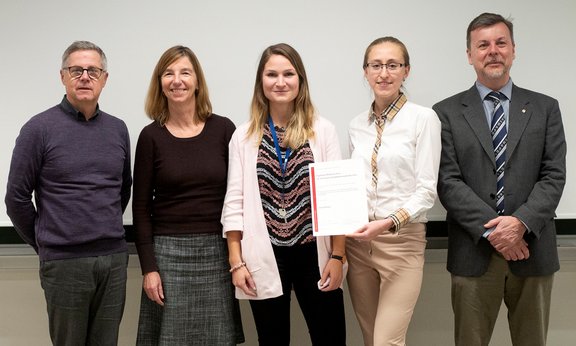
Ingeborg-Ohnheiser-Preis geht nach Innsbruck
Der Ingeborg-Ohnheiser-Preis wurde von der Österreichischen Gesellschaft für Slawistik (oegsl) für universitäre Abschlussarbeiten ins Leben gerufen und 2019 zum ersten Mal verliehen. Eine der drei Preisträgerinnen, Mag. Anna Dreher, kommt aus Innsbruck.
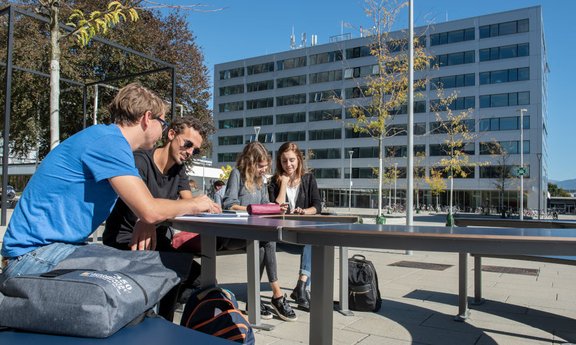
Zentrale Studienberatung
Wir sind die erste Anlaufstelle bei allen Fragen rund ums Studium für Schüler*innen, Studieninteressierte und Studierende sowie Eltern und Lehrer*innen.
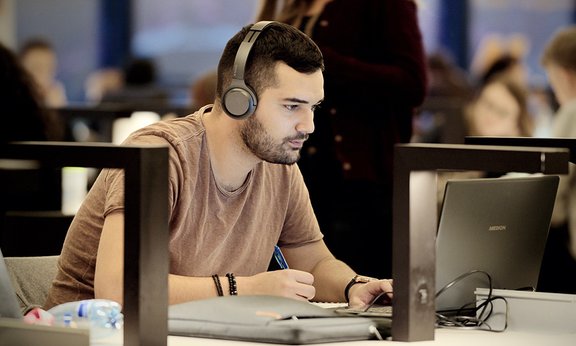
Onlinesessions
In den unterschiedlichen Onlinesessions wird das vielfältige Studienangebot der Universität Innsbruck kurzweilig vorgestellt. Die Onlinesessions sind eine gute Plattform, um schnell und unkompliziert die richtigen Antworten auf individuelle Fragen zu bekommen.
Related studies

English and American Studies (Bachelor)
Bachelor of Arts

Educational Sciences (Bachelor)
Bachelor of Arts

History (Bachelor)
Bachelor of Arts

French (Bachelor)
Bachelor of Arts



